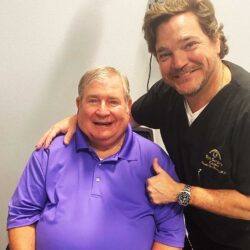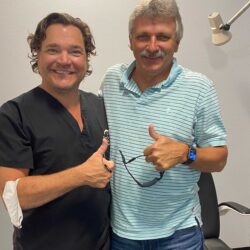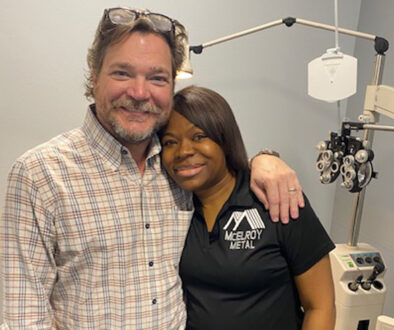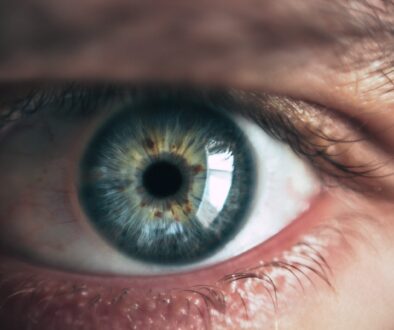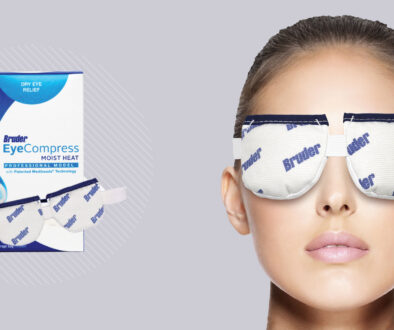Cataracts: What to Expect on Procedure Day

In the US alone, over 24.4 million people aged 40 and older have a cataract in either one or both eyes. And by 2050, this number is expected to double! But the good news is, cataracts are extremely treatable with cataract surgery, with the vast majority of patients reporting clear vision just hours after the procedure.
For those that are experiencing blurred/discolored vision, difficulty reading, trouble seeing at night, sensitivity to glares or seeing halos around lights, this could indicate that you are developing, or already have developed, a cataract or other issues in your eye. If this is you, please contact our office to schedule an appointment as soon as possible. This may prevent further vision impairment and loss.
So, what does cataract surgery look like?
- Cataract surgery lasts just 10 to 20 minutes and is relatively painless, requiring only local anesthesia and allowing patients to recover at home instead of in a hospital.
- It involves just three steps—corneal incision, the opening of the capsule containing the cataract, and sectioning of the cataract into smaller pieces, all of which are performed by a laser with incredible precision.
- Once your clouded lens is removed, the surgeon will replace it with a new one, also known as an intraocular or artificial lens.
- This lens will remain in your eye indefinitely, bending light rays as they enter to help you see clearly.
- If more than one cataract is present, you will need to have one procedure at a time, waiting until the first eye is healed before you have the second.
Post-Op Recovery
- Soon after surgery, the doctor will send you home with careful post-op instructions, including the regular use of anti-inflammatory and antibiotic medications (Here at Shreveport Eye, we offer a dropless solution, tailored to each patient to help in the healing process!).
- For the first few hours post-op, you will need to wear a shield or glasses to protect your eye from lights and glares.
- If you experience dry or itchy eyes after surgery, this is not a cause for concern; any discomfort should go away within a couple of days. Remember that rubbing or pressing on your eye(s) may disrupt or delay their healing.
- It is perfectly normal for your eye to need some time to adjust to the intraocular lens, so if your vision is distorted for a handful of days after the surgery, don’t panic!
- While clear vision is expected soon after the procedure, depending on your healing process, you may not experience this for a week or two. We find that most patients are fully healed in four to five weeks.
CLICK HERE for more information from Dr. Russ on Cataract Surgery.
So, is cataract surgery right for you?
Let us help! Call our office, located in Shreveport, LA, to book your consultation today. But first, hear from some of our cataract surgery patients below!


